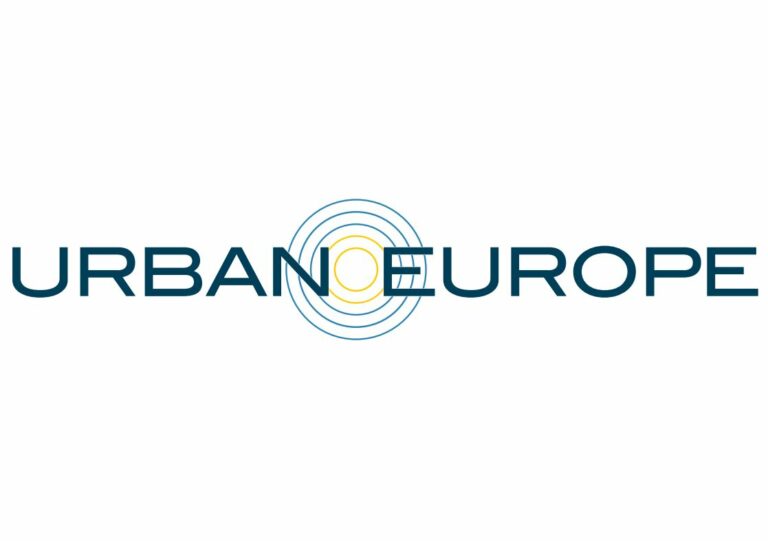The virtual GI_Forum 2021 will take place as an online event from the 5th – 9th of July 2021. We are participating in the AGIT Symposium with the following contributions about our SimpliCity project. Take a look at Forum 1 and 2 as well as on the presentation on the 08.07.2021.
Conference programme: HERE
- Thursday, 08.07.2021 – 09:00 – 09:45
L21: Forum 1: Future perspectives of data-driven nudging for active mobility in sustainable cities: Methods & Tools:- Chair: Veronika Hornung-Prähauser and Diana Wieden-Bischof
- Participants: Veronika Hornung-Prähauser, Claudia Luger-Bazinger, Linda Dörrzapf, Lea Hemetsberger
- Summary: This forum addresses different perspectives on data-based nudging for active and low-energy mobility in sustainable smart cities of the future. Based on the insights of European research projects that have empirically explored digital nudging methods and AI-based user-centred decision support in different regions (Austria, Netherlands, Sweden), we will share practical experiences, opportunities and pitfalls.
Input will first be provided by experts of the SimpliCITY project, focusing on the evaluation challenges of nudging (e.g. social comparison) to motivate bicycle mobility in Austria and Sweden. Next, the nudging approaches used in the REBUTAS project will be presented, which aim to increase demand for free-floating micro-mobility services, improve usability, and reduce vehicle maintenance costs.
The projects can provide insights into requirements and success factors of nudging for sustainable mobility, e.g. technical platforms, user trust, incentives for participation, among others. Furthermore, Forum contributions address the view on minimal interoperability mechanisms of Open & Agile Smart Cities and AI-based solutions for smart, interoperable and scaleable user decision support systems in mobility.
A related Forum discusses policy recommendations for using data-based nudges of mobility behaviours and foundations of a roadmap for responsible and effective strategies for sustainable mobility nudging in small-scale cities.
- Thursday, 08.07.2021 – 11:00 – 11:45
Presentation: Innovation for sustainable cities: Effects on regional mobility and sustainability behaviour by nudging and gamification methods with a data-based mobility tool- Lecturer: Claudia Luger-Bazinger & Veronika Hornung-Prähauser, Salzburg Research, Austria
- Summary: For reaching sustainable city goals, it is necessary to use innovative methods in order to serve both citizens’ needs and common goods, and to use effective tools for changing behaviour. We discuss the results of an explorative study that is concerned with the use of a digital and data-based tool in order to trigger a more sustainable city lifestyle by using a personal mobility tracker. The study seeks to examine how and which motivational techniques (e.g., nudging) can affect citizens’ personal mobility and sustainable lifestyle day by day. With gamified elements and nudging methods, citizens become part of a community via a personal mobility mobile application and are motivated to show more sustainable behaviour, to contribute to the community and to explore sustainable services in the city with tours and points of interest. We present the first, promising results of a trial with this mobile application, showing characteristics of users and empirical data that indicates behaviour change in bicycling behaviour, and give an outlook for a more in-depth inspection of nudging sustainable behaviour.
- L23: Forum (2 of 2): Future perspectives of data-driven nudging for active mobility in sustainable cities: Policy Recommendations and Road Map
- Chair: Guntram Geser
- Participants: Guntram Geser (Salzburg Research, AT), Linus Jonsson (Sprocket Event AB, Sweden), Nina Mostegl (SIR, AT), Irina Paraschivoiu (Polycular, AT)
- Publication: SimpliCITY Policy Recommendations
- Summary: With the extensive of mobile digital devices data-based nudging has great potential to promote active mobility behaviours with the goal to reduce energy consumption and CO2 emissions and, at the same time, achieve public health benefits.
Compared to legal regulations, nudging provides a “soft” method to change behaviours, often employing game-like approaches and various incentives to engage citizens. However, it entails issues regarding personal data protection, potentially unethical aspects, and deployment in the context of city governance.
The Forum will share recommendations of European research projects in this field addressing city policy makers, mangers of city service and external ICT service providers, citizen as well as researchers. It will also highlight foundations for a roadmap towards responsible and effective strategies for sustainable mobility nudging in small-scale cities.

